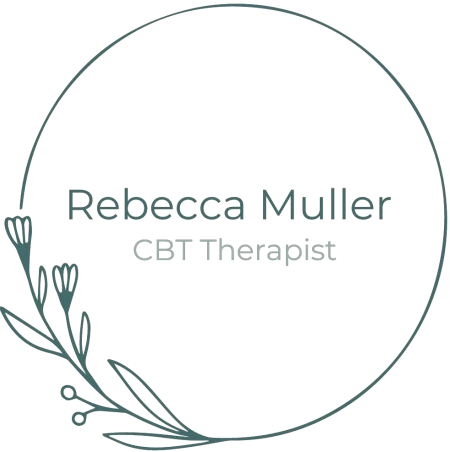As an online therapist based in Argyll and Bute, I've guided many clients through their therapeutic journeys. While each person's path is unique, there are often common stages that we navigate together. Today, I'd like to share with you three crucial stages of therapy: relationship building, psychoeducation, and stabilisation. Understanding these stages can help you feel more prepared and empowered as you embark on your own therapeutic journey.
Relationship Building
The foundation of effective therapy is a strong, trusting relationship between therapist and client. This initial stage is all about creating a safe, non-judgmental space where you feel comfortable sharing your thoughts, feelings, and experiences. During this time, we'll get to know each other, discuss your goals for therapy, and start to build a rapport. Remember, it's okay to take your time here – trust is earned, not given, and a good therapist will respect your pace.
Psychoeducation
Once we've established a solid foundation, we often move into a stage of psychoeducation. This is where we explore and understand the psychological principles relevant to your specific challenges. You might learn about how your brain processes emotions, the impact of past experiences on your current behaviour, or strategies for managing stress and anxiety. This stage is all about empowering you with knowledge and insight into your own mental health.
Stabilisation
With a strong therapeutic relationship and a better understanding of your mental health, we can then focus on stabilisation. This stage involves developing and practising coping strategies to manage your symptoms and improve your overall well-being. We might work on grounding techniques for anxiety, develop a self-care routine, or practice mindfulness skills. The goal here is to help you feel more stable and in control of your emotions and reactions.
It's important to note that these stages aren't always linear. We might revisit relationship building as we delve into deeper issues, or return to psychoeducation as new challenges arise. Therapy is a fluid process, adapting to your needs as they evolve.
Also, the time spent in each stage can vary greatly from person to person. Some people might spend more time in the relationship-building phase, while others might need extended focus on stabilisation. There's no "right" way to progress through therapy – it's all about what works best for you.
Remember, therapy is a collaborative process. As we move through these stages together, your feedback and active participation are crucial. If you ever feel stuck or unsure about where we're headed, don't hesitate to voice your concerns.
If you're considering starting therapy or are curious about how these stages might apply to your own journey, I'm here to help. Reach out anytime to learn more about how we can work together to support your mental health and well-being.
